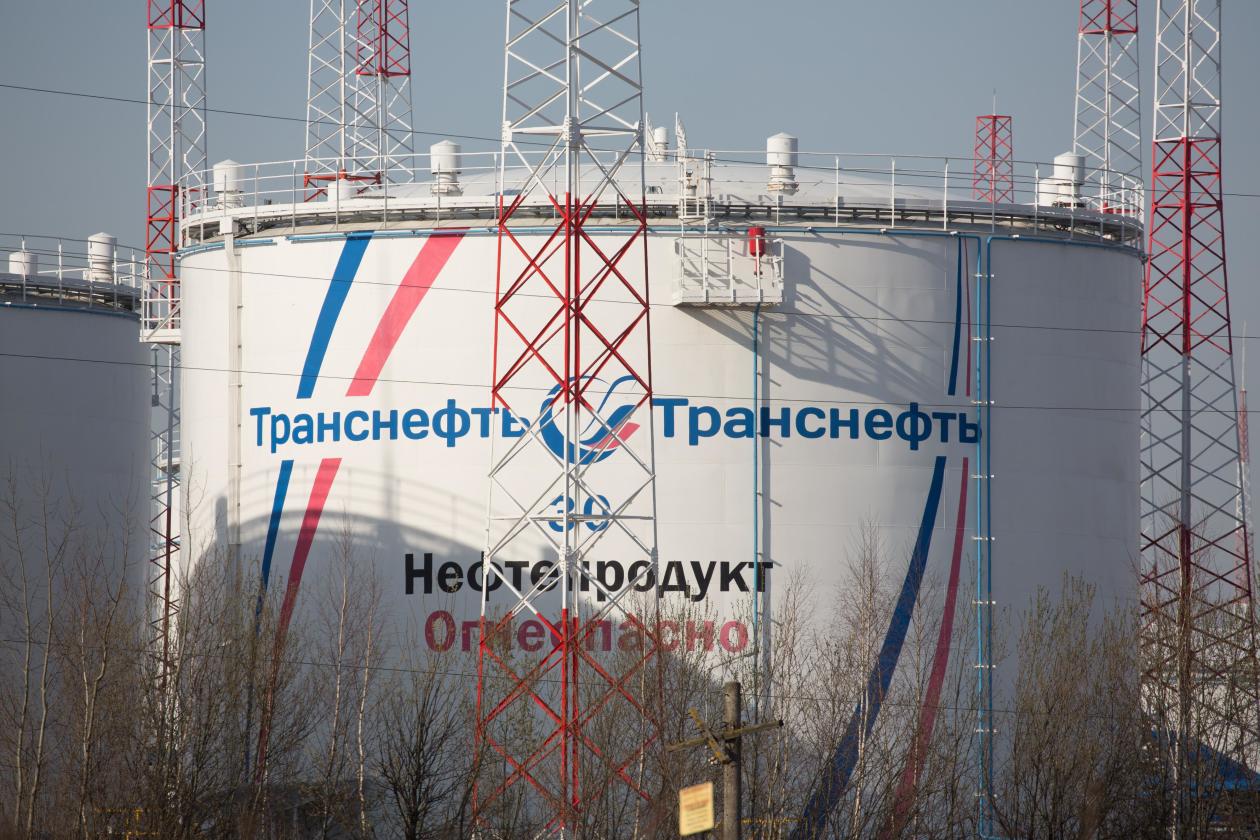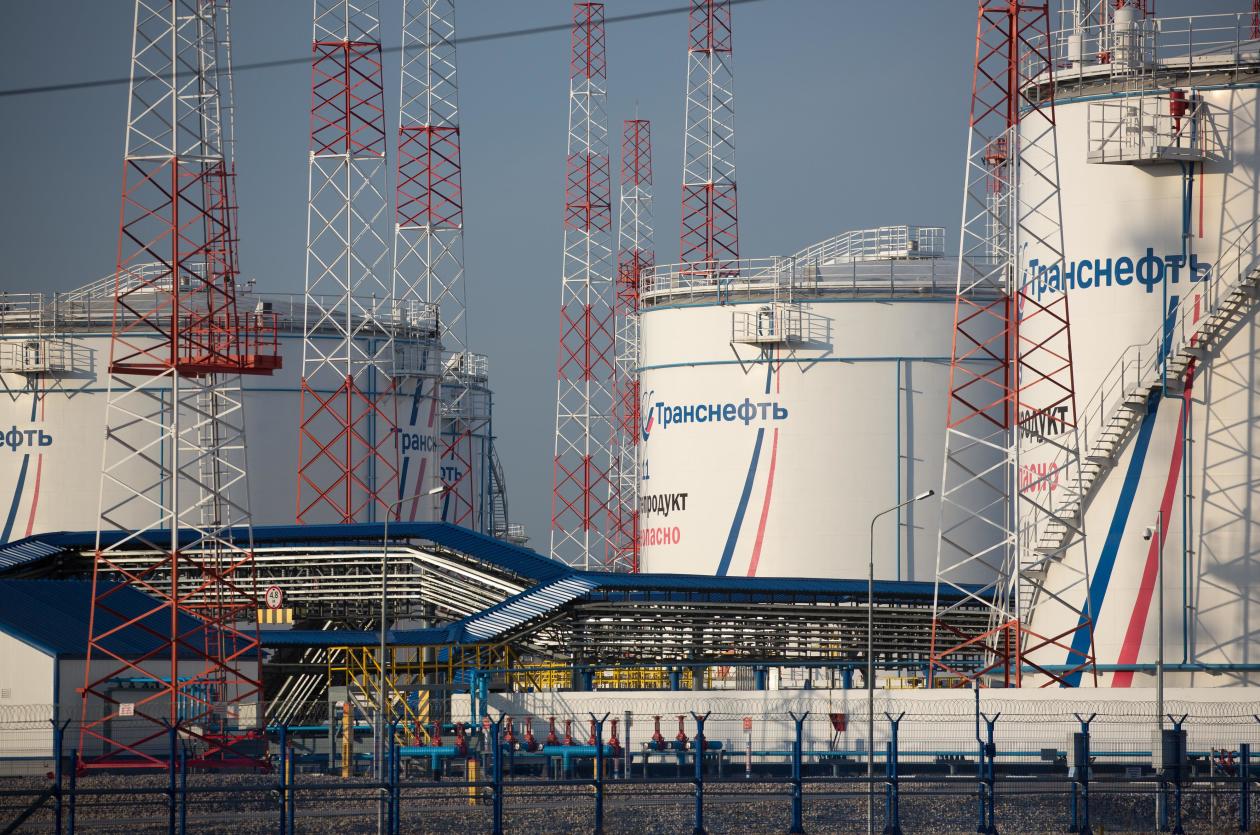The energy ministers of the European Union member states held a meeting in Brussels, the capital of Belgium, on the 2nd to discuss a new round of sanctions against Russia, including a ban on the import of Russian oil.
EU countries have yet to agree on a ban on Russian oil, despite claims by some EU officials that the European Commission intends to finalize a new round of sanctions in the near future. A senior Hungarian government official said Hungary was “ready to veto” the sanctions.
EU: Trying to finalize oil ban
According to the Associated Press, the European Commission may announce a sixth round of proposals for sanctions against Russia later this week. These proposals are subject to ratification by member states.
According to Reuters, citing two EU officials as sources, the European Commission is expected to finalize the sixth round of sanctions against Russia on the 3rd after the energy ministers of the EU countries met on the 2nd, and the relevant proposals will be handed over to the representatives of the member states to the EU on the 4th to discuss the meeting. .
According to EU officials, the new round of sanctions includes a ban on Russian oil, which the EU is leaning toward banning imports of Russian oil by the end of this year.

Overall, Russian oil accounts for about 26 percent of the EU’s total oil imports, but different countries depend on Russian oil differently, according to Reuters. Among them, Slovakia and Hungary are highly dependent. Among the crude oil and petroleum products imported last year, Russian products accounted for 96% and 58% respectively.
Due to their high reliance on Russian oil, the two countries are wary of the EU imposing a ban on Russian oil.
Germany: Not all countries are ready
Germany, as the main buyer of Russian oil, originally opposed the extension of EU sanctions on Russia to the oil field, but recently changed its position.
A report released by the German economic department on the 1st said that Germany is “rapidly reducing” its energy dependence on Russia. The proportion of Russian oil in Germany’s total oil imports has dropped from 35% last year to the current 12%. “A ban on Russian oil with an adequate transition period is currently manageable for Germany.”
German Deputy Chancellor and Minister of Economy and Climate Protection Robert Habeck said at a press conference on the 2nd that Germany has been able to withstand the consequences of the Russian oil ban.
He also emphasized that the ban on Russian oil is “not without consequences”, and the loss of Russia’s oil supply will make some parts of Germany encounter difficulties such as rising oil prices and oil supply shortages.
Regarding the attitude of other EU countries, Harbeck said that not all countries are ready to accept the ban on Russian oil. “Other countries are not ready and I think that needs to be respected.”
Hungary: Ready to veto oil and gas ban
In an interview with the media, Hungarian Prime Minister Gujas Gergej said that the EU’s implementation of the ban on Russian oil and gas requires the unanimous consent of all member states, and Hungary is “ready to veto” the relevant proposal.
Gergey said Hungary currently has no oil and gas supplier that can replace Russia, and it will take about five years and “a lot of money” to switch oil and gas sources. “We will never support sanctions (on Rosneft).”

Reuters quoted EU officials as saying that in view of Hungary and Slovakia’s high dependence on Russian oil, in order to unify the positions of the member states, the European Commission may grant both countries exemptions or a longer transition period while implementing the ban on Russian oil.
The official said that the embargo on Russian oil “may be gradually implemented, and it is very likely that it will come into full effect early next year.”
